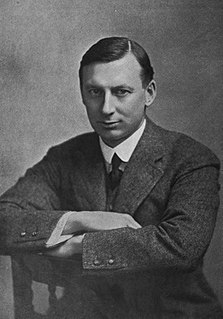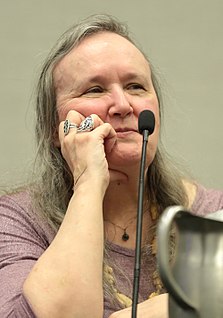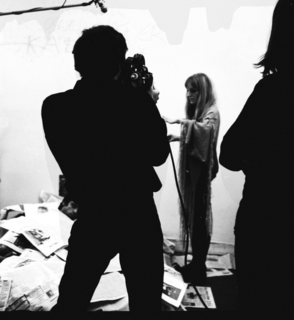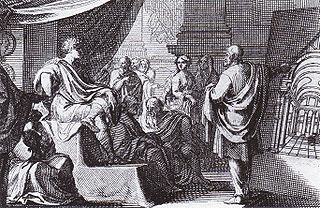A Quote by Michel de Montaigne
There is no doubt that Greek and Latin are great and handsome ornaments, but we buy them too dear.
Related Quotes
Mister Cameron - I have read the unexpurgated Ovid, the love poems of Sappho, the Decameron in the original, and a great many texts in Greek and Latin histories that were not though fit for proper gentlemen to read, much less proper ladies. I know in precise detail what Caligula did to, and with, his sisters, and I can quote it to you in Latin or in my own translation if you wish. I am interested in historical truth, and truth in history is often unpleasant and distasteful to those of fine sensibility. I frankly doubt that you will produce anything to shock me.
One of the regrets of my life is that I did not study Latin. I'm absolutely convinced, the more I understand these eighteenth-century people, that it was that grounding in Greek and Latin that gave them their sense of the classic virtues: the classic ideals of honor, virtue, the good society, and their historic examples of what they could try to live up to.
Why is it so much easier to talk to a stranger? why do we feel we need to disconnect in order to connect? If I wrote "Dear Sofia" or "Dear Boomer" or "Dear Lily's Great-Aunt" at the top of this postcard, wouldn't that change the words that followed? Of course it would. But the question is: When I wrote "Dear Lily," was that just a version of "Dear Myself"? I know it was more than that. But it was also less than that, too
I am not of the opinion generally entertained in this country [England], that man lives by Greek and Latin alone; that is, by knowing a great many words of two dead languages, which nobody living knows perfectly, and which are of no use in the common intercourse of life. Useful knowledge, in my opinion, consists of modern languages, history, and geography; some Latin may be thrown into the bargain, in compliance with custom, and for closet amusement.
Albanians love topiary and fancy doors. They speak Albanian, an Indo-European language with traces of Greek and Latin - and the lek is their monetary denomination, which trades at one hundred to one on the dollar. Their food is excellent, a melange of Greek, Turkish, and Italian cuisine, all very fresh and legume-y.










































